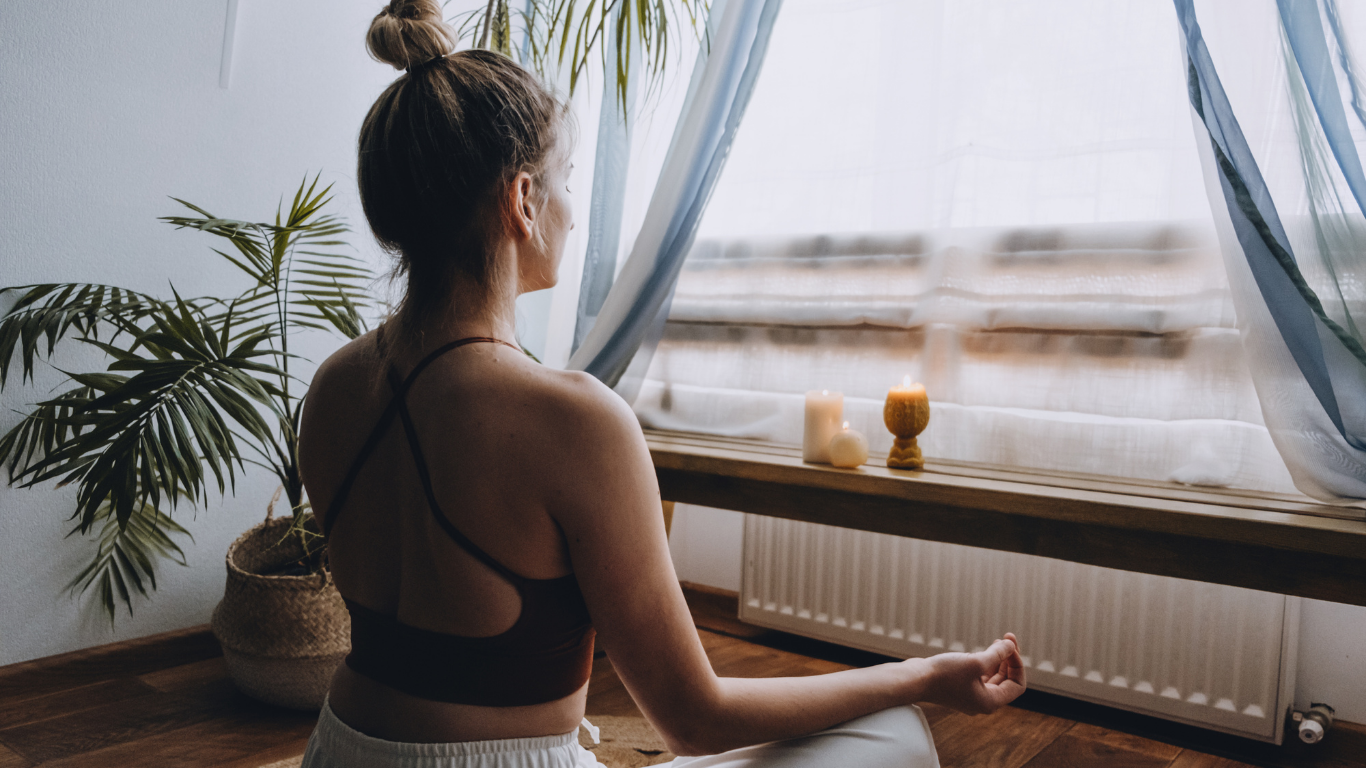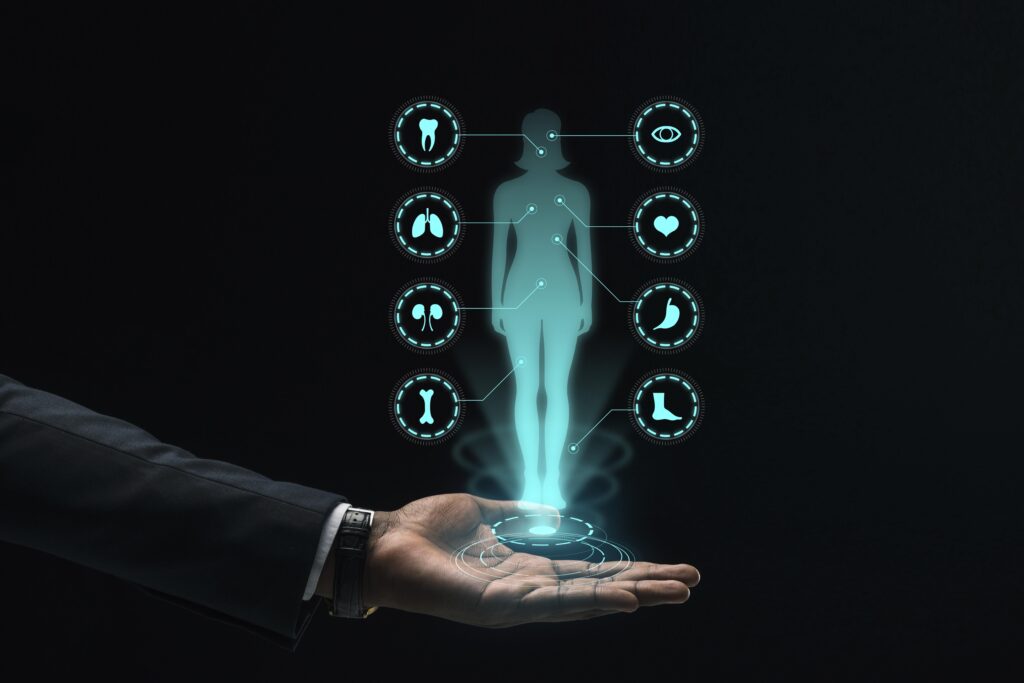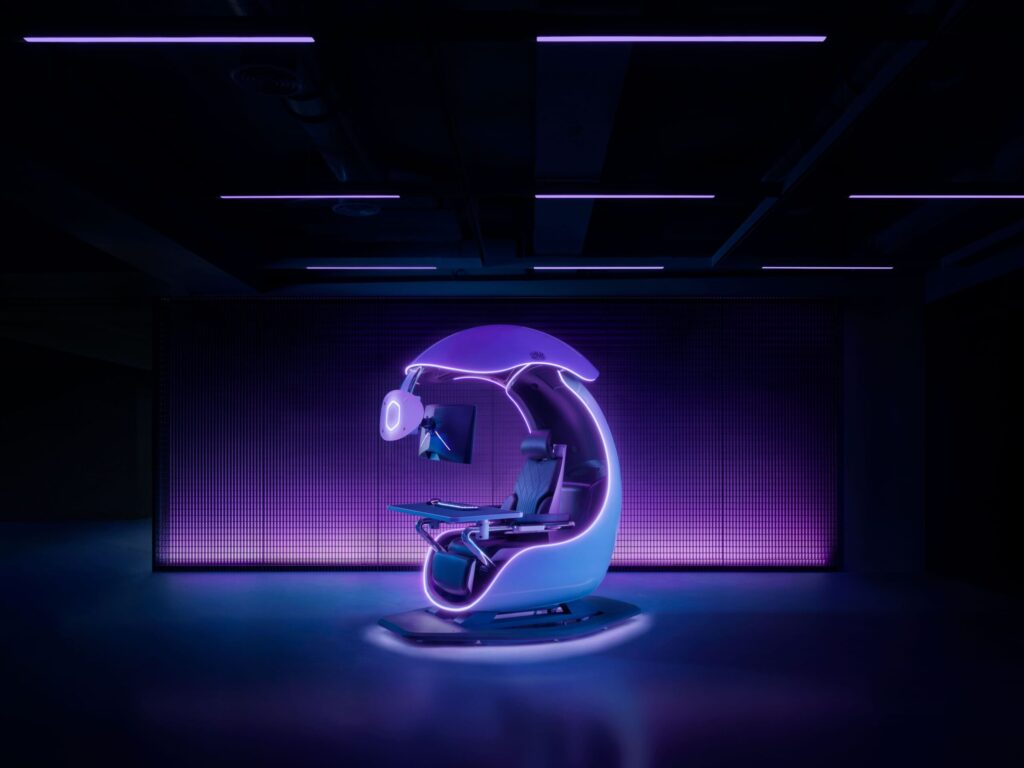Smartphones have become our constant companions in our hyperconnected world. They wake us up, keep us in touch with friends, help us get things done, and entertain us all at the same time. But during all the alerts, doomscrolling, and AI-curated content cycles, a silent resistance is growing. People all around the world are opting to unplug, physically, as part of a movement focused on digital detox and analog wellness.
People are trying to get back their time, mental clarity, and peace of mind by going back to old flip phones or going to off-grid retreats. This is not simply a fad in health and wellness; it is a strong response to rising worries about how technology affects mental health, personal freedom, and the manipulation built into algorithm-driven platforms.
The Problem: Technology Fatigue and AI-Driven Manipulation
We spend more time than ever on our computers and phones. Recent data shows that the average individual spends more than 7 hours a day on screens, with social media, video streaming, and messaging applications taking up most of that time. These platforms are meant to be addictive, even as they make it easier than ever to connect with others.
This has gotten worse because of artificial intelligence, especially in social media and content recommendation engines. Algorithms learn what we like, how we act, and how we feel so they can show us stuff that will keep us interested for longer. Sometimes this is bad for our mental health. Studies have found that too much time in front of a computer can lead to anxiety, melancholy, sleep problems, and shorter attention spans.
The Digital Detox Movement
A digital detox is taking a vacation from screens, social media, and other gadgets that connect to the internet on purpose. It may be as short as a few hours of being offline throughout the day or as lengthy as a week-long trip to the woods with no Wi-Fi, no applications, and no TikTok.
The purpose is simple: to reset. To let the brain take a break, reset, and get back in touch with the real world. People may think about things, be present, and find the delight in activities that do not entail scrolling when they take a digital detox.
Wellness resorts and spiritual retreat centres have gotten in on the action. Digital detox resorts are cropping up all over the place, from cottages in the woods in Oregon to alpine getaways in Switzerland. Mindfulness, spending time in nature, doing analogue hobbies like writing, drawing, and reading, and talking to others face-to-face are all things that these retreats commonly include. When you check in, you must give over your phone. At first, the stillness might be uncomfortable, but in the end, it is freeing.

The Rise of Analog Wellness
Many people are adopting analogue wellness, which means going back to low-tech, tactile instruments instead of digital ones. This is happening at the same time as detoxing from screens. Instead of apps, think of physical planners; instead of video games, think about board games; and instead of e-books, think about books. At the heart of this shift is the desire to slow down, be mindful, and bring friction into an otherwise smooth digital existence.
Flip phones are making a comeback, which is an unexpected trend in the analogue world.
Enter the Flip Phone: A Symbol of Rebellion
Flip phones, the heavy, clicky, wonderful gadgets from the early 2000s, are making a comeback. And not only Gen Xers seeking memories. Generation Z uses flip phones like The Burning Phone, Light Phone, and Punkt to stay focused and disciplined.
These simple devices are made on purpose: no social media, no endless scrolling, and no information provided by AI. They just have the basics, like calling, texting, and maybe an alarm clock or music player. That is all.
Some people go even further. For example, The Burning Phone clearly promotes itself as an anti-smartphone. The word alone indicates a vacation from the digital world that takes up so much of our time and attention. It is not simply a way to talk; it is a message.
Why Flip Phones Are Catching On
1. Mental Clarity
Users say they can focus better, feel less anxious, and sleep better when they do not get notifications all the time. When you do not spend your life in 15-second bursts of material, it starts to feel more manageable.
2. Digital Boundaries
Smartphones make it hard to tell the difference between work and play, day, and night, and being online and offline. Flip phones push the limits. You use your gadget only when you truly need to.
3. Rediscovery of the Present Moment
Analogue life fosters being present, which is something that is sadly lacking in the digital era. It may be as simple as enjoying a cup of coffee, having a real conversation, or just watching the clouds go by.
4. Freedom from Surveillance and Manipulation
People are becoming more cautious about AI manipulation and data collecting. With flip phones, you can stay in control since there are no cookies, trackers, or curated content pipelines that try to get you to think or buy a specific way.
Tech Minimalism Meets Wellness
This movement is not about making technology seem bad. It is about being more purposeful with it. The wellness community is becoming more interested in living with purpose, which fits perfectly with the notion of tech minimalism, which is utilising fewer, better tools.
Smartphone makers are starting to get it too. There is a need for focus modes, screen time limits, and app blockers even in the smartphone industry. But for a lot of people, digital solutions are not adequate. They need to start over, and only a real digital detox or analogue lifestyle can give them that.
Final Thoughts
Digital detox and analogue wellness are not about giving up technology; they are about taking back control over how we use it. In a world where algorithms and AI are becoming increasingly important, taking a step back is not only refreshing, but also innovative.
Analogue life gives us something modern cell phones never could: peace. Whether it is a weekend in the woods, a flip phone in your pocket, or a solitary time with a pen and paper, it gives us calm.
In today’s loud, data-driven environment, that is something to think about.



